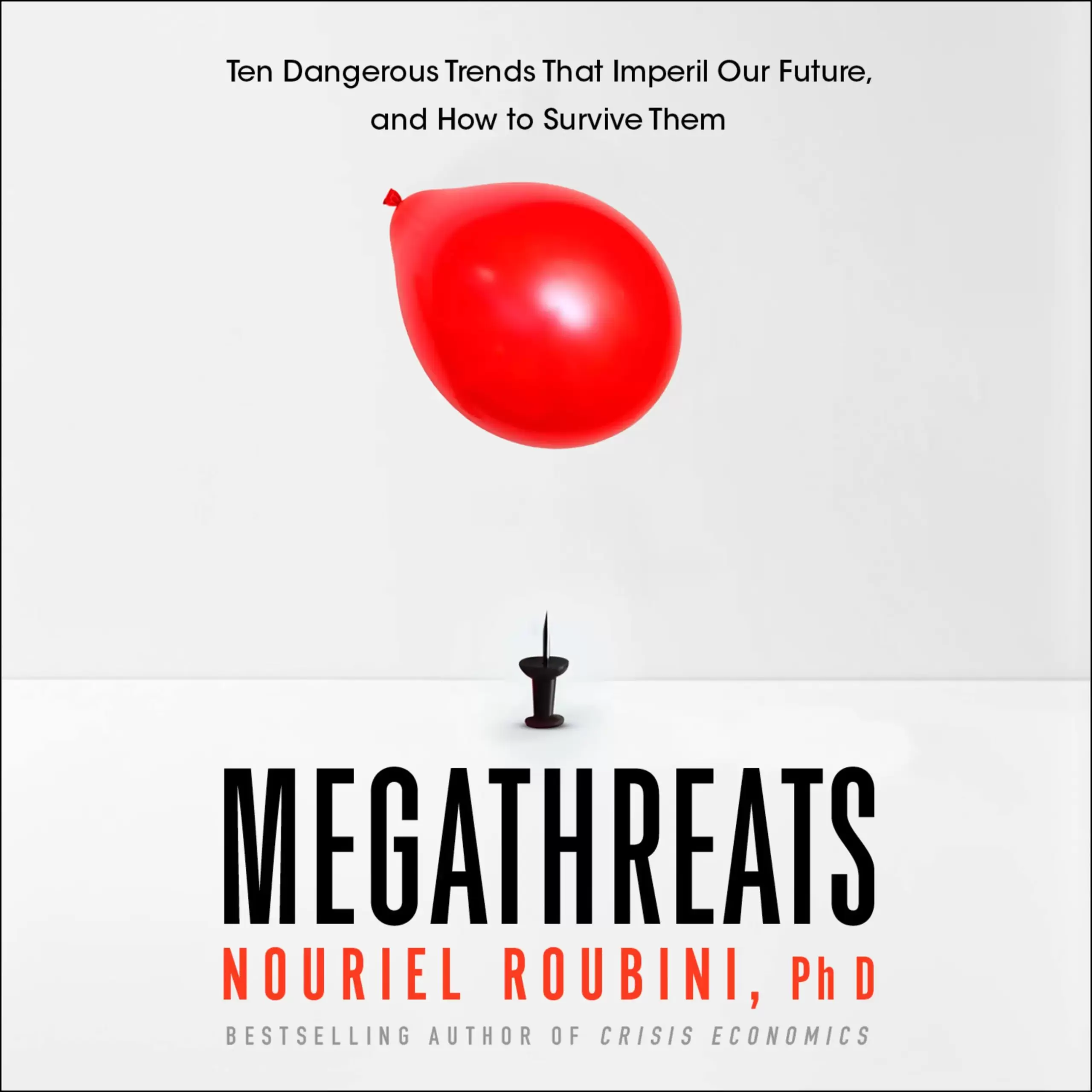The author defines megathreats as “severe problems that could cause vast damage and misery and cannot be solved quickly or easily” (p. 4). “We are facing megathreats unlike anything we have faced before… [and] they overlap and reinforce one another” (p. 5). Roubini explores ten megathreats: debt accumulation and debt traps; easy money and financial crises; artificial intelligence and workplace automation; deglobalization; geopolitical conflict among the great powers; inflation and stagflation; currency meltdowns; income inequality and populism; global pandemics; and climate change. The prospect of surviving these threats is bleak: “without amazing luck, almost unprecedented economic growth, and unlikely global cooperation, this won’t end well. We are in too deep” (p. 6).
Roubini discusses many of the book’s key themes in detail during an interview with McKinsey Global Institute’s Forward Thinking podcast, and in a Project Syndicate op-ed.

